All symphonies were sacred symphonies, once. Haydn began each day’s composition with a prayer, and ended every score with the words ‘Laus Deo’. ‘These thoughts cheered me up,’ he told his biographer Albert Dies. Haydn, like Mozart, was a lifelong Catholic, and the Swiss theologian Hans Küng has suggested that the daring, exuberance and glorious wholeness that characterises even Mozart’s secular music comes from a specifically Catholic understanding of the universe: of salvation perceived not as an object of struggle, but as an unshakable, all-embracing certainty.
Sir James MacMillan’s Fifth Symphony concerns itself with the Holy Spirit, but he struggled to find an English phrase that did the job, so its title is Le grand inconnu. A useful hint of vagueness there — offering scope to change the subject in the face of those who can’t or won’t understand. But it’s always healthy to tweak the whiskers of prim progressives, and MacMillan’s programme note for this world première paid the most backhanded compliment imaginable to Darmstadt and the spectralists before falling largely silent on the supremely assured Great Unknown of the music itself.
And sure enough, I can tell you roughly what MacMillan’s Fifth does. What it says is something with which I’m still grappling, three days after witnessing a sizeable Usher Hall audience rise, cheering, to its feet. It’s a choral symphony, and in this performance with the Scottish Chamber Orchestra under Harry Christophers, the Sixteen served as a semi-chorus, with four singers stepping briefly out as soloists. Using sacred texts in English, Hebrew, Greek and Latin, the three movements address the notion of the Spirit as air (or breath), as water, and as fire.
From that starting point, MacMillan rummages energetically through the whole toybox of musical colour and memory. Like Tippett’s Fourth, the symphony opens with the sound of human breath; and the first climax resembles a speeded-up opening of Wagner’s Rheingold, rendered primal and weird by the off-key fanfaring of valveless horns. Piano and harp scatter glistening droplets of moisture about the central movement, and the third movement’s fire flashes brazenly over a Holst-like cortège (MacMillan sets the same Carolingian hymn, ‘Veni Creator Spiritus’, with which Mahler opened his Eighth Symphony). Amid all this divine play, MacMillan reserves the right to withdraw into pure, radiant choral sonority. The unaccompanied chorus that crowns the second movement is a moment of reflection and culmination so poised and perfect that it’s surely destined for a second life as a standalone motet, though it’ll never have quite the effect that it does here.
Which is? Well, putting it crudely, the whole symphony pulls quietly towards consonance and a vast, cumulative sense of affirmation. In the moment, and for a while afterwards, that choked me up, and I don’t think it was just me. Why does it feel so moving when a piece of contemporary music actually delivers on its promise? You don’t even need the words, or the faith, though MacMillan probably couldn’t have achieved what he has without them. After the last climax the orchestra darted out from under the chorus and cartwheeled about in the sunlight, before floating a final beatific smile upon the silence. Radio Three recorded the premiere for future broadcast; there’s a London performance at the Barbican in October, and you should try and hear one or the other. I could be very wrong — it goes with the job — but right now, it feels important.
At the Komische Oper Berlin, the director Barrie Kosky has been exploring inter-war Yiddish operetta. He took to the piano at the Lyceum, together with two singers from the company, for Forget Me Not: a revue compiled from songs by Abraham Ellstein, Sholom Secunda and their contemporaries. Yearning melodies and pitch-black humour spun on a pfennig into outright hilarity (‘Yiddle, fiddle, schmiddle, hey!’) and klezmer laments suddenly accelerated into a tango, a waltz, or a Hungarian csardas: a reminder, as Kosky explained, that this lost repertoire wasn’t a thing apart from European culture, but something that was ripped bodily from it after 1933.
Up at the Festival Theatre, the Komische Oper performed Kosky’s raw, hyper-real staging of Tchaikovsky’s Eugene Onegin. Set in a woodland glade, drenched in turn by sunlight, mist and summer rain, it could almost have been imagined by Lars von Trier. Flaming torches turned a ball scene into a sinister midsummer rite, while Kosky’s decision to throw the focus entirely on to the roiling hormones of the two young couples worked because it was so unsparingly sincere. Vocal beauty came second to dramatic intensity, and Asmik Grigorian’s calf-eyed, desperately fragile Tatyana more than compensated for clumsy scene changes, for Kosky’s characterisation of Lensky (Oleksiy Palchykov) as an abusive drunk, and for orchestral playing under Ainars Rubikis that veered from quiet passion to honking coarseness, sometimes within the same bar.
Got something to add? Join the discussion and comment below.
Get 10 issues for just $10
Subscribe to The Spectator Australia today for the next 10 magazine issues, plus full online access, for just $10.
You might disagree with half of it, but you’ll enjoy reading all of it. Try your first month for free, then just $2 a week for the remainder of your first year.

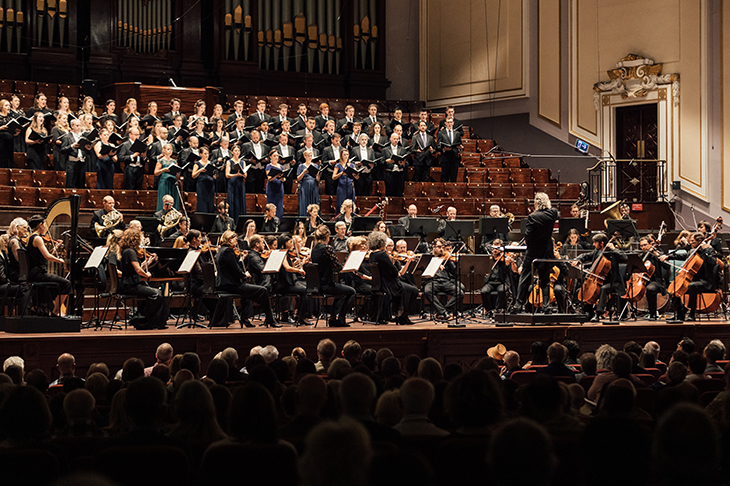
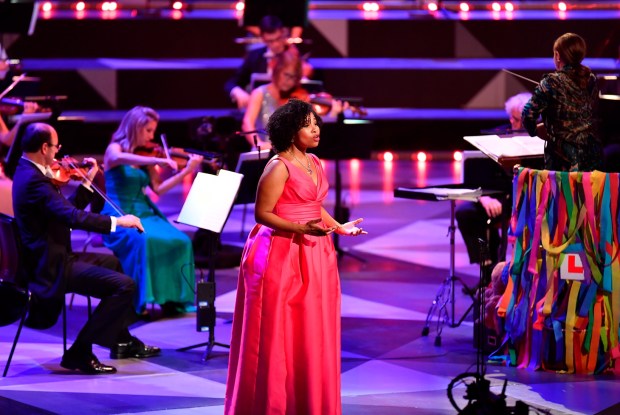
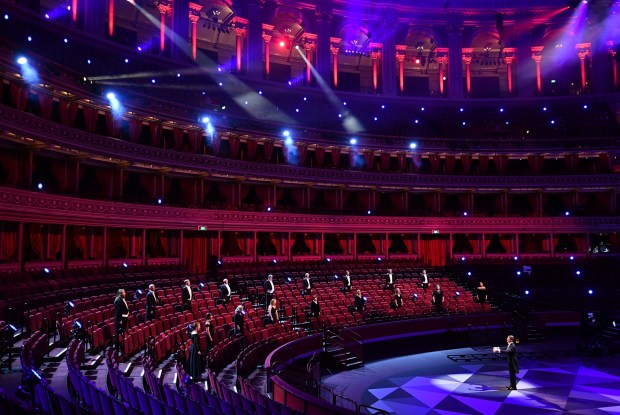
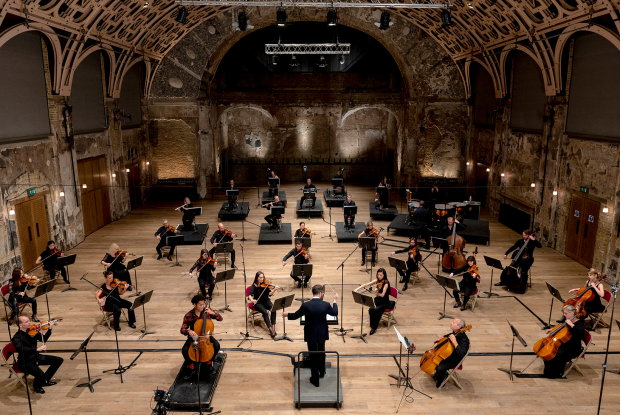
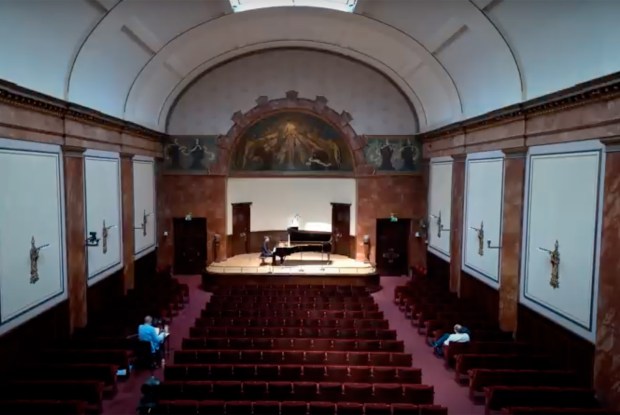
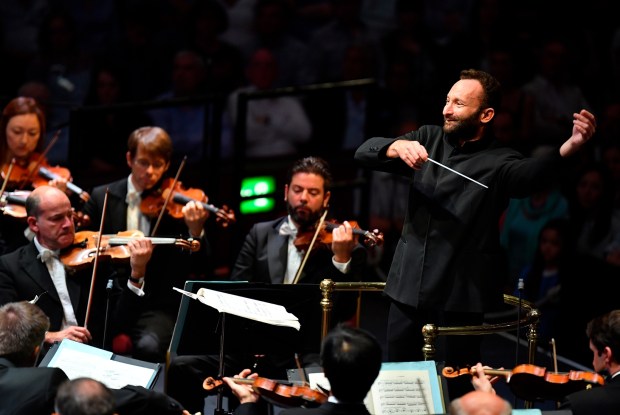
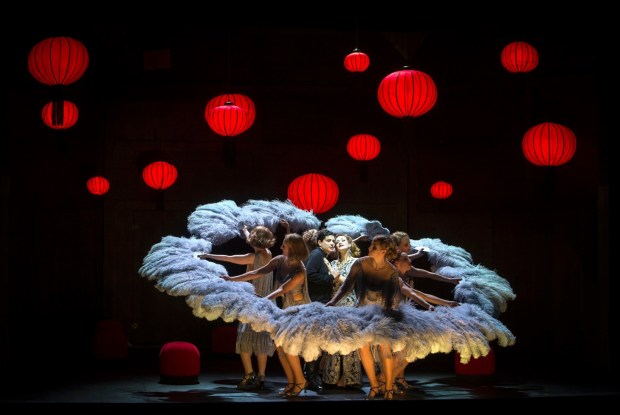






Comments
Don't miss out
Join the conversation with other Spectator Australia readers. Subscribe to leave a comment.
SUBSCRIBEAlready a subscriber? Log in